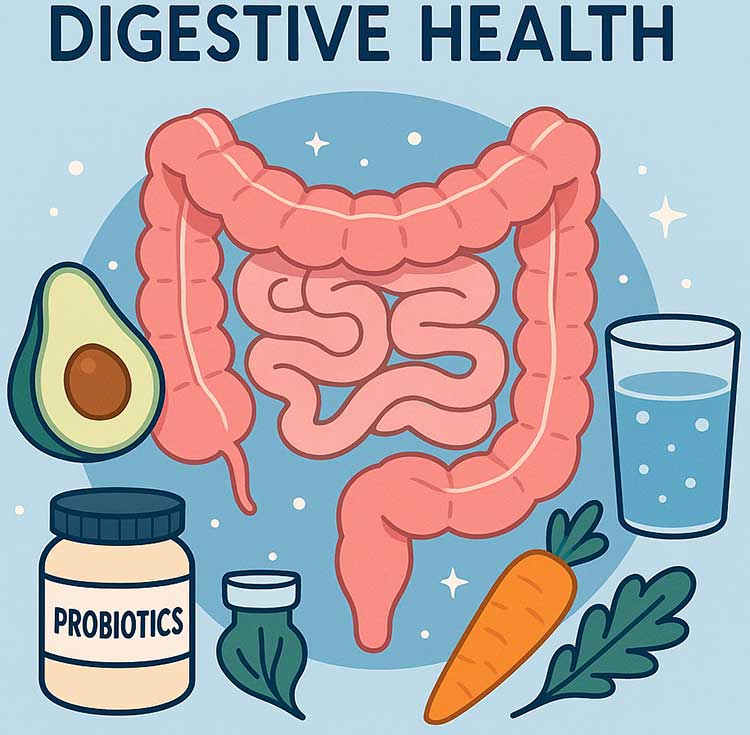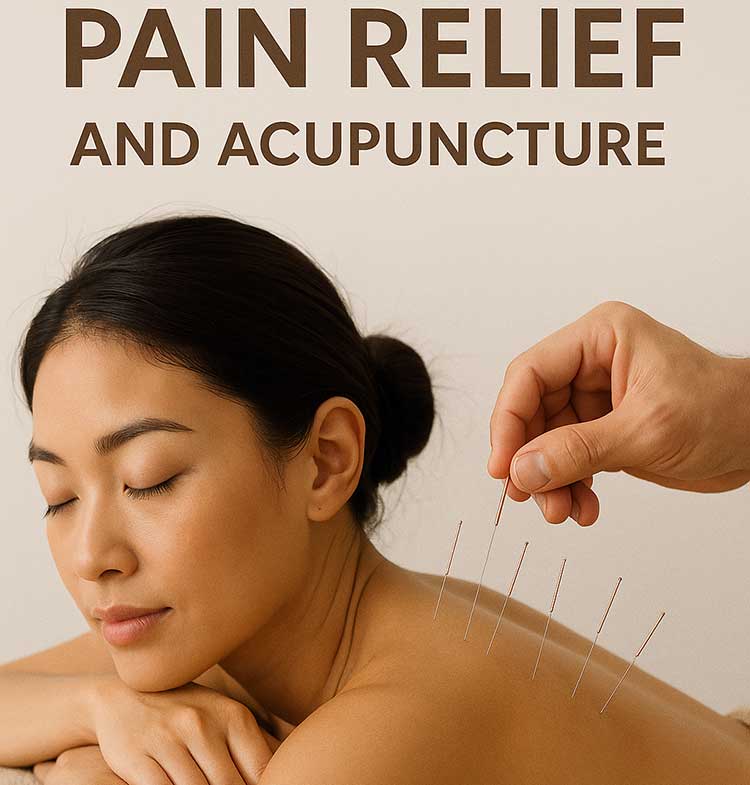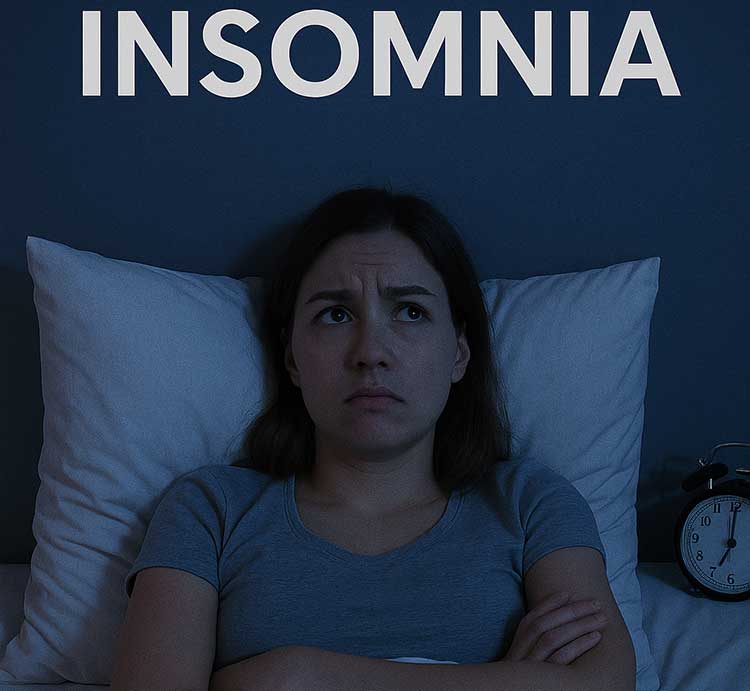Understanding Stress and Its Physical Impacts
Dr. Tatyana's Health and Wellness Blog
Treating the whole person to restore optimal health. Check back often for up-to-date news and information about acupunture and Chinese medicine.
Most Recent Posts ...
Posted on: 1/19/2026
Posted on: 1/5/2026
Posted on: 12/22/2025
Posted on: 12/8/2025
Search All Blog Posts
Blog Post Archive Categories
- Top 5 Ways to Stay Healthy This Winter and Avoid the Flu
- Happy Thanksgiving: A Season of Gratitude, Healing & Reflection
- Salt Room Therapy: Your Sanctuary for Breathing, Healing & Deep Relaxation
- Acupuncture & Herbal Medicine for Digestive Health: Healing the Center of Your Body
- Acupuncture for Pain Relief: A Natural, Effective Solution
- Acupuncture for Insomnia & Anxiety: Restoring the Calm Within
- Chronic Fatigue and Chronic Inflammation: A Holistic Look Through Western and Eastern
- The Hidden Dangers of Overusing Supplements: Are You Taking More Than You Should?
- The Importance of Exercise and How to Stay Motivated for a Healthier You
- Heart Problems: Long-term stress increases the risk of hypertension, heart attacks, and other cardiovascular problems.
- Digestive Issues: Stress can disrupt the digestive system, leading to conditions like gastritis, ulcers, and irritable bowel syndrome (IBS).
- Weakened Immune System: Stress can suppress the immune system, making the body more susceptible to infections.
- Weight Fluctuations: Stress can lead to weight gain due to increased cortisol levels or weight loss due to a lack of appetite.
- Muscle Tension and Pain: Chronic stress often causes muscles to be in a constant state of guardedness, leading to conditions like tension, headaches and migraines.
- Regulates Stress Hormones: Acupuncture can regulate the release of cortisol, reducing the severity of the stress response.
- Promotes Relaxation: By stimulating the nervous system, acupuncture can trigger the release of endorphins and other mood-lifting chemicals, promoting relaxation and well-being.
- Improves Sleep Quality: Acupuncture can help alleviate insomnia and improve sleep quality, essential for managing stress.
- Reduces Physical Symptoms: Acupuncture has been found effective in treating stress-related physical symptoms like headaches, digestive issues, and muscle tension.
- Holistic Approach: Acupuncture treats the whole person, addressing both the mental and physical aspects of stress.
Understanding Stress and Its Physical Impacts

Understanding Stress and Its Physical Impacts
In today's fast-paced world, stress has become an almost inevitable part of life. While a small amount of stress can be a motivator, chronic stress can have a significant impact on our physical health. When we're stressed, our bodies enter a state of 'fight or flight,' releasing hormones like adrenaline and cortisol. This response is beneficial in short bursts but can be damaging if it's constantly activated.
The Physical Manifestations of Stress
Chronic stress can lead to a variety of physical health issues, including:
Acupuncture as a Remedy for Stress
Acupuncture, a key component of traditional Chinese medicine, has been used for thousands of years to treat various ailments. In recent times, it has gained popularity as an effective tool in managing stress and its associated physical symptoms.
How Does Acupuncture Work?
Acupuncture involves the insertion of very thin needles into specific points on the body. According to traditional Chinese medicine, this process helps balance the flow of energy or life force — known as qi (chi) — believed to flow through pathways in the body. In Western terms, acupuncture is thought to stimulate nerves, muscles, and connective tissue, boosting the body's natural painkillers and increasing blood flow.
The Benefits of Acupuncture for Stress
Embracing Acupuncture for Stress Management
Integrating acupuncture into your stress management routine can be highly beneficial. It's important to consult with a licensed acupuncturist who can tailor the treatment to your specific needs. Additionally, consider incorporating other stress-reduction techniques such as mindfulness, meditation, and regular exercise into your lifestyle for a comprehensive approach to managing stress.
Conclusion
While stress is an unavoidable aspect of life, it doesn't have to control it. By understanding the physical impacts of stress and embracing treatments like acupuncture, we can find balance and improve our overall well-being. Remember, taking care of your mental health is just as important as taking care of your physical health. Acupuncture offers a unique, time-tested approach to managing stress, allowing you to lead a healthier, more balanced life.




